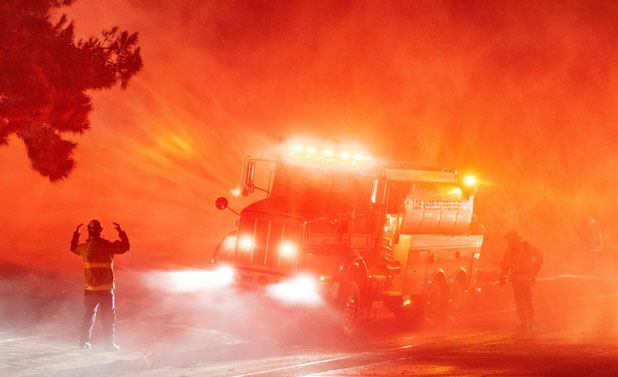|
F102 | Great Decisions
|
|
Sign up for our free email newsletter, and don't miss out on our great programs! Support OLLI at Berkshire Community College and lifelong learning! OLLI: the Osher Lifelong Learning Institute at Berkshire Community College |


